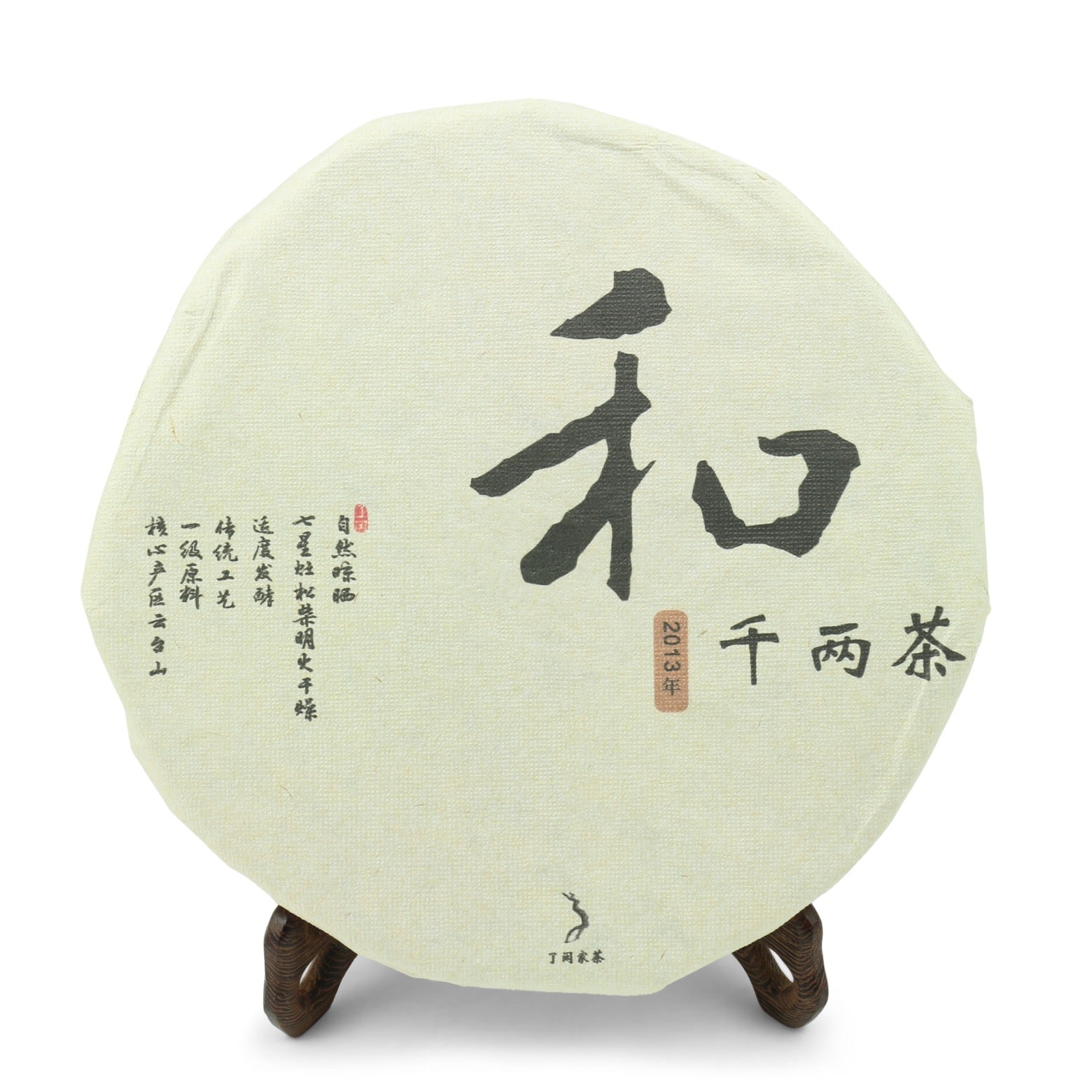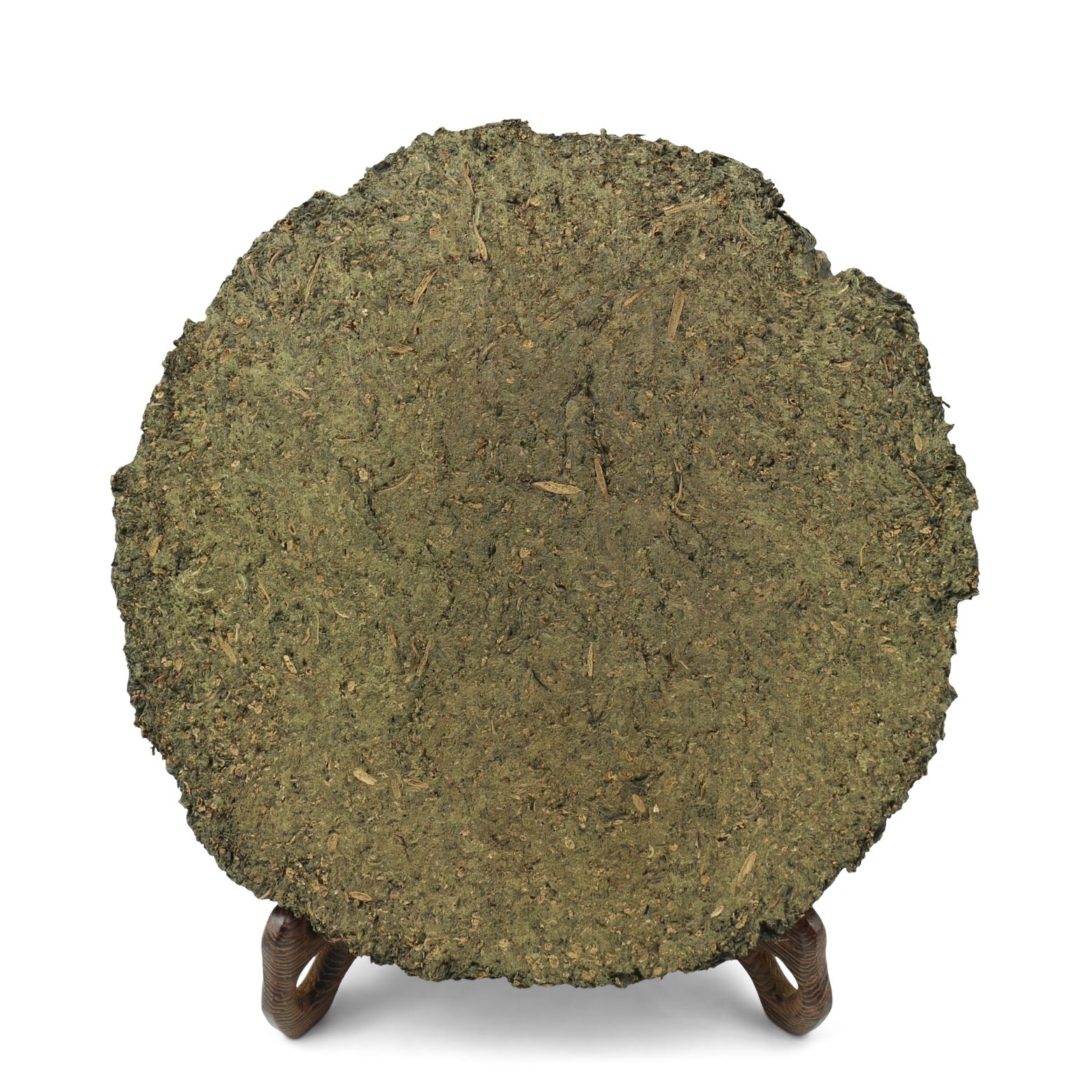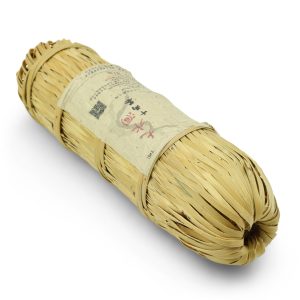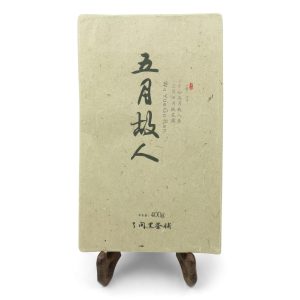An alluring portrayal of reclusion, this hei cha tucked away since 2013 has developed unique qualities worthy of discovery. Undressing the compressed tea, a buoyant perfume of pond lilies and watermelon arises from the wrapping paper, a surprising contrast to the unshapely brown matter that has seen ten years of decomposition. For the transformation, mao cha is steamed and packed tightly into cylindrical baskets between layers of reed leaves and palm bark that regulate a slow and steady fermentation (try the younger?Qian Liang 2021). This particular pillar was revealed this year and sawn into discs to delight any collector’s cabinet, infusing a soup of deep yet pure flavours; earthy and sweet with a mellow, rounded mouthfeel of a well-seasoned tea.
?
About the producer
We were approached by Huang Xiaofeng, who runs a small-scale tea company in Anhua, with a portfolio of quality heicha or dark teas from the alpine forests of the region. Their focus on local tradition and authentic techniques took our intrigue immediately that we decided to source a bunch of heichas to take on an exploration of a tea category lesser known to us. The raw materials are sourced from their 100-acre Laocong old tea garden, a biodynamic environment more than 700m deep in the mountains and far away from local villages and roads.




Reviews
There are no reviews yet.